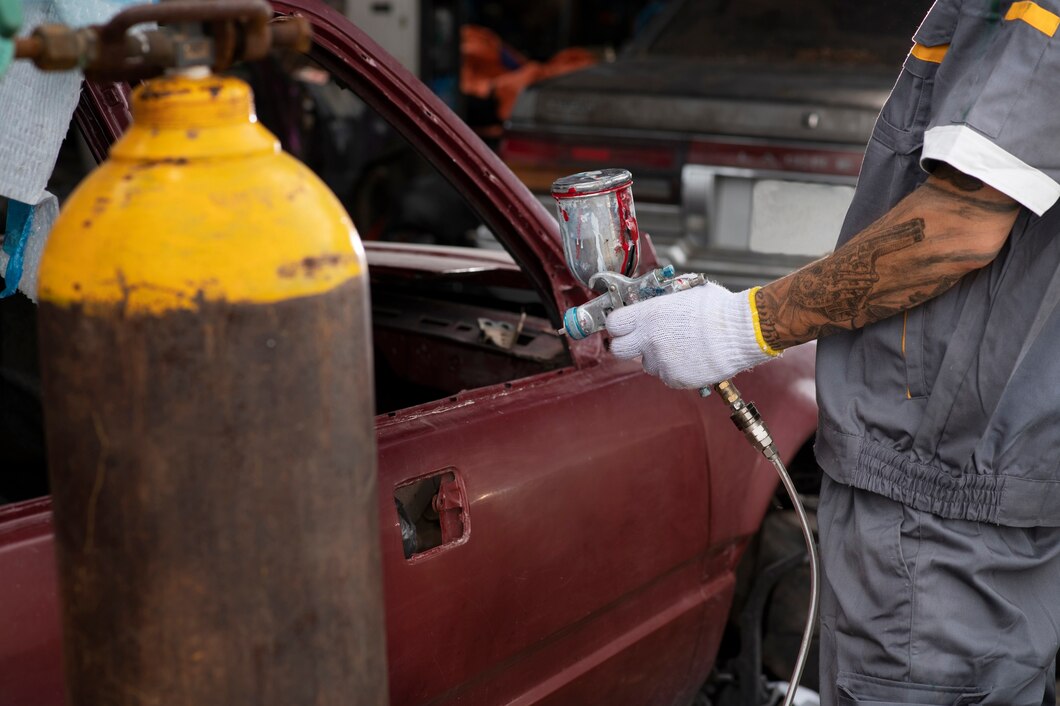Restoring accident damaged cars can be a rewarding endeavor for automotive enthusiasts, DIYers, and professionals alike. While it requires effort, skill, and investment, the benefits often outweigh the challenges. Here’s a detailed look at why buying accident damaged cars for restoration projects can be advantageous:
1. Cost Savings:
- Affordable Purchase Price: Accident damaged cars are often sold at significantly lower prices compared to their undamaged counterparts. This provides an opportunity to acquire a vehicle at a fraction of its market value.
- Lower Restoration Costs: With careful planning and skill, repairing a salvage vehicle can cost less than purchasing a new or pre-owned vehicle, especially if you have access to discounted parts and perform the repairs yourself.
2. Customization Potential:
- Personalized Upgrades: Restoring a damaged car allows for customization and personalization according to your preferences. You can choose specific parts, colors, and features to suit your style and needs.
- Learning Experience: It provides an opportunity to learn about automotive mechanics, bodywork, and restoration techniques, enhancing your skills and knowledge in the process.
3. Environmental Impact:
- Recycling and Reuse: Restoring accident damaged cars promotes environmental sustainability by recycling usable parts and reducing automotive waste.
- Extended Vehicle Lifespan: By restoring a salvage vehicle, you extend its lifespan and reduce the demand for new manufacturing, which has environmental benefits.
4. Potential Profit:
- Resale Value: Successfully restored vehicles can fetch a higher resale value than their purchase and restoration costs combined, especially for classic or sought-after models.
- Market Demand: There is a niche market for restored cars among collectors, enthusiasts, and individuals seeking unique vehicles with a history.
5. Sense of Achievement:
- Personal Satisfaction: Completing a restoration project provides a sense of accomplishment and pride in bringing a damaged vehicle back to life.
- Community Engagement: Restoration projects often foster community engagement through forums, clubs, and events where enthusiasts share knowledge, experiences, and appreciation for automotive restoration.
6. Investment Potential:
- Appreciation in Value: Certain restored vehicles may appreciate in value over time, particularly classic cars or models with historical significance.
- Potential Future Opportunities: Owning and restoring cars can open doors to networking opportunities, events, and even career paths within the automotive industry.
7. Challenge and Creativity:
- Problem-Solving Skills: Restoring accident damaged cars requires problem-solving skills, creativity, and perseverance to overcome challenges associated with repairs and restoration.
- Artistic Expression: It allows for artistic expression through design choices, modifications, and detailing, turning a damaged vehicle into a unique automotive masterpiece.
Tips for Success:
- Research and Planning: Conduct thorough research on the vehicle’s history, parts availability, and restoration techniques before starting a project.
- Safety First: Prioritize safety during repairs and ensure compliance with local regulations, especially concerning vehicle inspections and roadworthiness.
- Documentation: Keep detailed records of expenses, repairs, and modifications for future reference and potential resale.
Restoring accident damaged cars is not just about repairing a vehicle; it’s about reviving its potential, preserving automotive history, and enjoying the journey of transformation. With passion, dedication, and a methodical approach, restoring salvage vehicles can be a fulfilling and financially viable endeavor.











